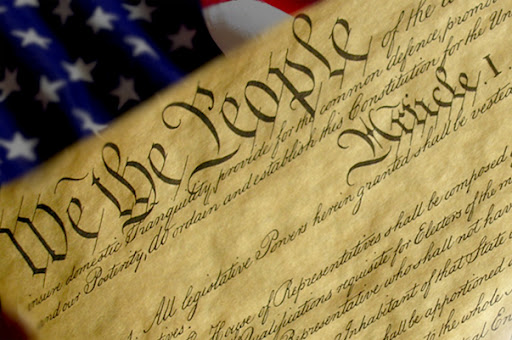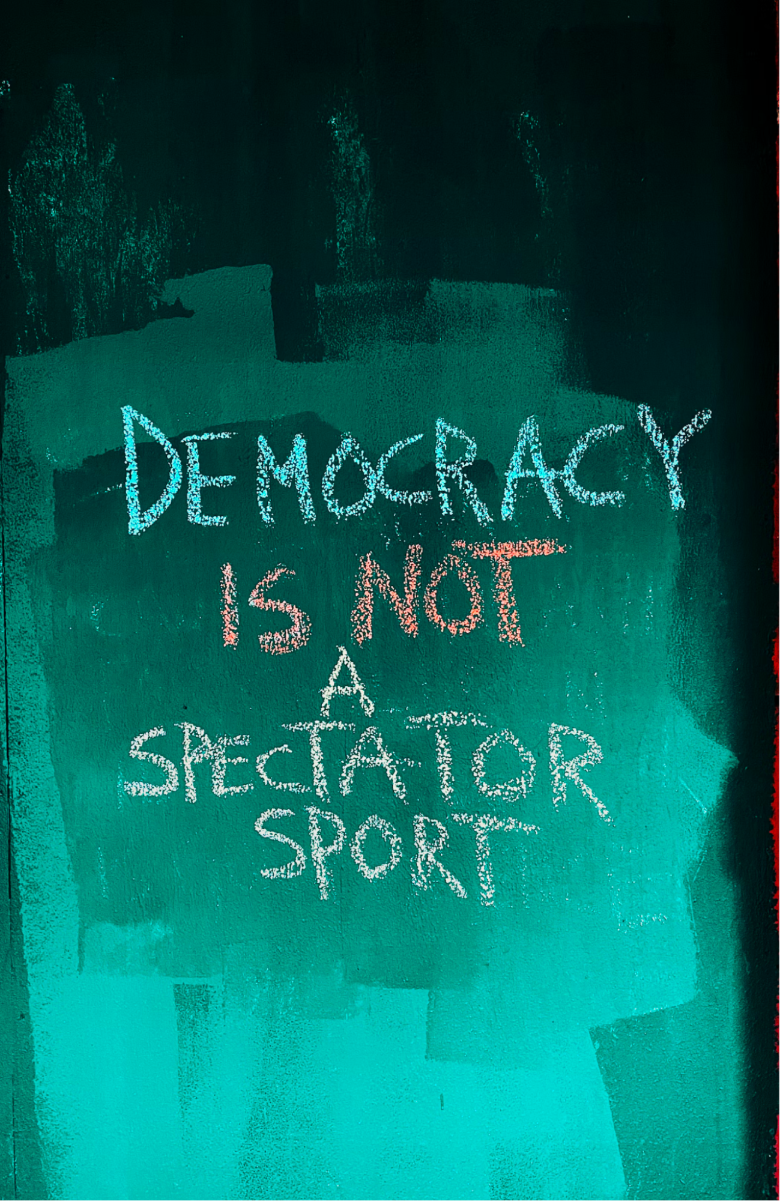
Analysis
Countering Hate Against Our Beloved: Interfaith Alliance of Iowa
In the face of rising hate and legislative attacks on LGBTQ+ communities and higher education, the Interfaith Alliance of Iowa stands as a crucial voice for faith-based pluralism and social justice. Through advocacy and coalition-building, the Interfaith Alliance of Iowa continues to challenge policies that undermine human dignity and religious freedom.
SB 220 allows healthcare providers to deny services based on personal beliefs, giving them legal power to discriminate against LGBTQ+ individuals and those seeking reproductive healthcare. These are fundamental human rights that everyone should be able to receive. Connie Ryan, Executive Director of Interfaith Alliance of Iowa and Interfaith Alliance of Iowa Action Fund, warns that this law prioritizes personal ideology over patient care:
“This legislation allows medical providers, institutions, and payers to insert their personal religious beliefs into medical care… It creates a system where patients’ health becomes secondary to providers’ personal beliefs.”
This bill isn’t about religious freedom; it’s about weaponizing faith to justify discrimination. It ultimately places ideology above human life and the rights of due process. SB 220 is currently moving through the Iowa Senate. Last month, it passed the Judiciary Committee on a 14-6 vote.
Members of the Iowa House continue to dismantle protections for marginalized communities through the “Higher Education in Iowa Committee,” which focuses on universities, community colleges, and private colleges. The focus of the committee is supposedly to promote the higher education-to-workforce pipeline, ultimately expanding access and increasing funding to rural Iowa. However, the committee is targeting Diversity, Equity, and Inclusion, or DEI, by aiming to mandate a conservative civics curriculum for all students, regardless of degree. This ultimately infringes on academic institutions’ ability to build a community where all students can thrive. DEI should not be seen as a threat to historically advantaged communities, but as a way to empower students with special accommodations and disabilities by resourcing them with the proper resources to succeed.
Beyond policy, the Interfaith Alliance of Iowa empowers communities through education and direct action. In 2022, they launched “Becoming an LGBTQ Ally in Your Faith Community,” a guide for helping congregations build truly inclusive sacred spaces. Today, as new gender identity restrictions threaten to erase trans individuals from public life, this work is more vital than ever.
In a time when democracy faces growing threats from extremism, Moral Mondays Iowa has emerged as a force for good, uniting over 30 progressive organizations in the fight against injustice. This is more than a movement; it is a frontline defense against the encroachment of theocracy and inequality. The Interfaith Alliance of Iowa's involvement in the movement is a testament to its commitment to upholding morality. Empowering the workforce is important because people can work together to combat legislation that harms marginalized communities and youth.
Every session necessitates a rallying cry for action, to equip advocates with the knowledge and tools to resist oppression. Faith, when lived authentically, calls believers not to complacency but to holy resistance. By tuning in, speaking out, and standing together, supporters of Moral Mondays Iowa also help safeguard democracy, ensuring it remains a government of the people, by the people, and for the people.
Get involved and make a difference at these upcoming Interfaith Alliance of Iowa events:
- Intersections (Cedar Rapids) – A Monthly Gathering
- Next Topic: Food Insecurity
- Date: Friday, April 4 | Time: 11:45 AM – 1:00 PM
- Location: St. Paul’s United Methodist Church
- Speaker: Clint Twedt-Ball, Executive Director of Matthew 25
- 2025 Interfaith Alliance of Iowa Award Celebration
- Theme: Challenging Extremism – Reclaiming Our Democracy
- Date: May 29, 2025
- Location: The Meadows Event Center, Altoona, IA
- Tickets & Sponsorships: Available now
The fight for justice is not passive. It demands collective communal courage and solidarity. Join the Interfaith Alliance of Iowa and Moral Mondays Iowa in standing against hate and reclaiming democracy for all.
Kennedy Perry is an Organizing Intern at Interfaith Alliance.
Transcript

Pluralism is Democracy in Action
On July 4, America will mark 250 years since the signing of the Declaration of Independence. That day in 1776, the nation’s founders put forward a bold vision for a new democratic experiment, one rooted in shared values, with power derived from the people rather than imposed by a monarch or religious authority:


